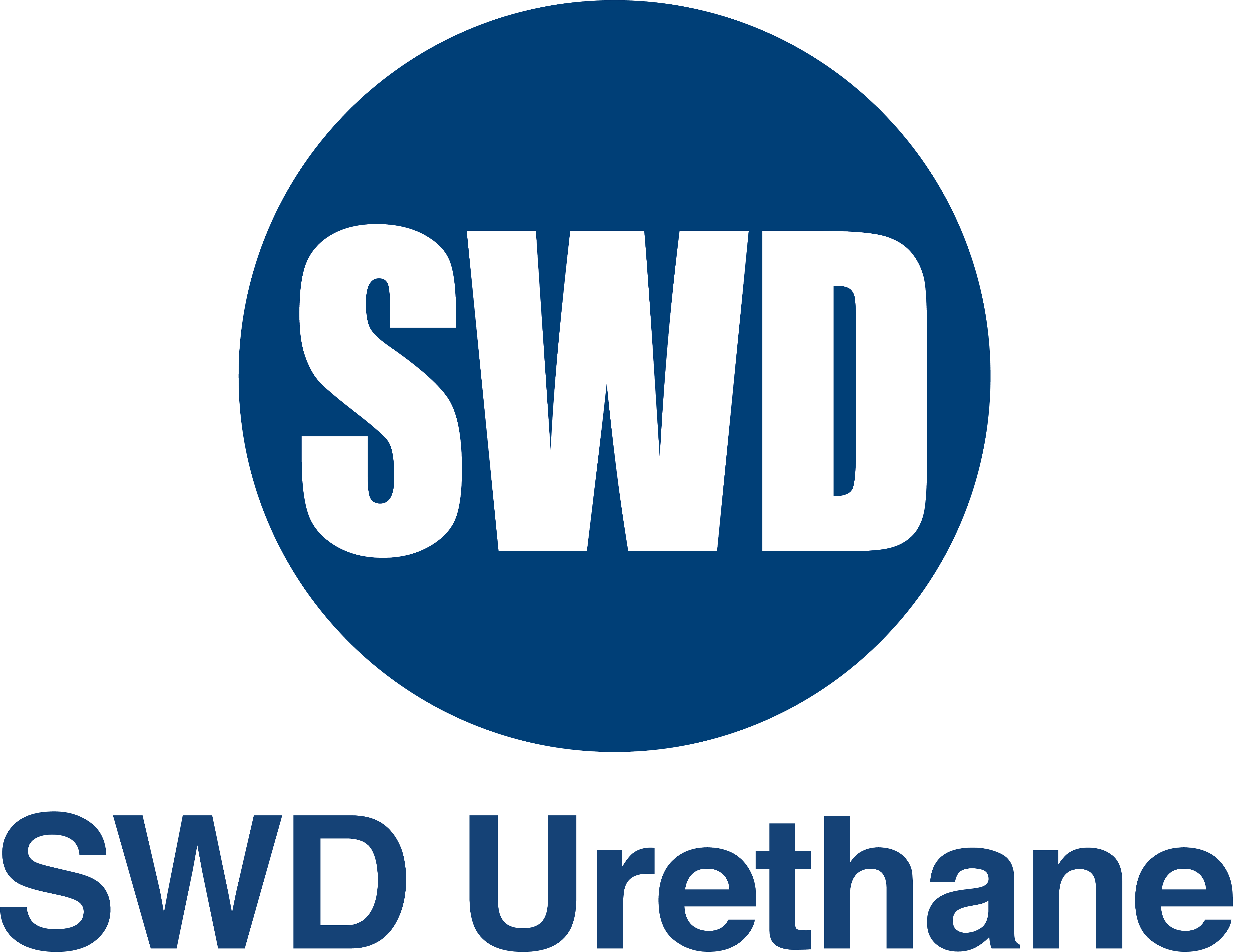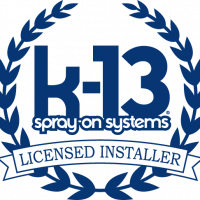 Noise pollution can be a major source of stress and discomfort, especially when you’re trying to relax or concentrate in your own home. Fortunately, there’s a solution that not only helps to regulate temperature but also reduces noise pollution – insulation. In this blog, we’ll explore how insulation can effectively reduce noise pollution in your home.
Noise pollution can be a major source of stress and discomfort, especially when you’re trying to relax or concentrate in your own home. Fortunately, there’s a solution that not only helps to regulate temperature but also reduces noise pollution – insulation. In this blog, we’ll explore how insulation can effectively reduce noise pollution in your home.
Understanding Noise Pollution
Before diving into the benefits of insulation, let’s first understand what noise pollution is. Noise pollution refers to any unwanted or excessive noise that disrupts the normal functioning of everyday life. Common sources of noise pollution include traffic, construction, loud neighbors, or even household appliances. Exposure to excessive noise can lead to a range of health issues such as sleep disturbances, stress, hearing loss, and impaired cognitive function.
How Insulation Works
Insulation, typically made from materials such as fiberglass, cellulose, or foam, helps regulate the temperature inside your home by creating a barrier against heat transfer. However, besides its thermal benefits, insulation can also play a crucial role in reducing noise pollution. Insulation materials are dense and thick, which helps to absorb and dampen sound waves. By minimizing the impact of external noise, insulation creates a more peaceful and comfortable indoor environment.
Types of Insulation for Noise Reduction
Several types of insulation are effective in reducing noise pollution in your home. Here are a few options to consider:
1. Fiberglass Insulation:
Fiberglass insulation is a popular choice for noise reduction. Its dense composition and ability to trap air pockets make it effective in absorbing sound waves. Fiberglass insulation can be installed in walls, ceilings, and floors, providing an efficient barrier against noise pollution.
2. Cellulose Insulation:
Made from recycled paper, cellulose insulation is an eco-friendly alternative that also offers excellent noise reduction properties. This type of insulation is typically blown into wall cavities, effectively blocking sound transmission.
3. Spray Foam Insulation:
Spray foam insulation is a modern and versatile option that provides both thermal insulation and noise reduction. This type of insulation expands and fills gaps, creating an airtight seal that blocks sound waves from entering your home.
Benefits of Insulation for Noise Reduction
Investing in insulation for noise reduction can yield several benefits for your home and overall well-being:
1. Increased Privacy:
Insulation helps to create a sense of privacy by minimizing the transmission of sound from room to room. This is particularly beneficial for houses with open floor plans or shared walls, where noise can easily travel and disrupt daily activities.
2. Improved Sleep Quality:
A quiet and peaceful environment is crucial for getting a good night’s sleep. With insulation, you can minimize external noises that may disturb your sleep, such as traffic or neighbors’ conversations. By reducing noise pollution, insulation promotes better sleep quality, leading to improved overall health and well-being.
3. Enhanced Concentration:
If you work or study from home, insulation can significantly impact your focus and concentration. By reducing background noise, insulation creates a more conducive environment for work or study, allowing you to be more productive and efficient.
4. Increased Home Value:
Insulation not only provides immediate benefits but can also increase the value of your home. Potential buyers appreciate the added comfort, energy efficiency, and noise reduction that insulation offers. This can give your home a competitive edge in the real estate market and potentially increase its resale value.
Considerations for Insulation Installation
When considering insulation for noise reduction, it’s important to keep a few considerations in mind:
1. R-Value:
The R-value indicates the insulating material’s effectiveness in resisting heat transfer. While higher R-values are desirable for insulation’s thermal efficiency, they can also contribute to better noise reduction. Consult with insulation professionals to determine the appropriate R-value for your specific noise reduction needs.
2. Professional Installation:
Proper installation is crucial for maximizing the benefits of insulation. Hiring professional contractors who specialize in insulation installation ensures that the job is done correctly and effectively. They can help identify the best type of insulation for your home’s specific needs and ensure proper installation in all the necessary areas.
3. Existing Home Design:
The layout and design of your home may impact the effectiveness of insulation for noise reduction. Shared walls, large windows, and open floor plans can increase the challenges of minimizing noise transmission. Discuss your home’s specific design with insulation experts to develop strategies for reducing noise pollution effectively.
Summary
Noise pollution can be a significant source of stress and disturbance in your home. Insulation offers a practical and effective solution to reduce noise pollution while improving energy efficiency. By blocking and absorbing sound waves, insulation creates a more peaceful and comfortable living environment. Consult with insulation professionals to identify the best options for your home and enjoy the benefits of reduced noise pollution for years to come.
Need Insulation in Petaluma, CA?
Since 2001, Ace Insulation Inc. has been your premier insulation experts. We take pride in being locally owned and operated as well as offering high-quality service. We specialize in the installation of insulation. Whether you are building a new home or renovating your existing space, we are the place to call. We have many materials to choose from, including fiberglass and spray foam. If you are looking for high-quality work, call us today to schedule your next consultation!


